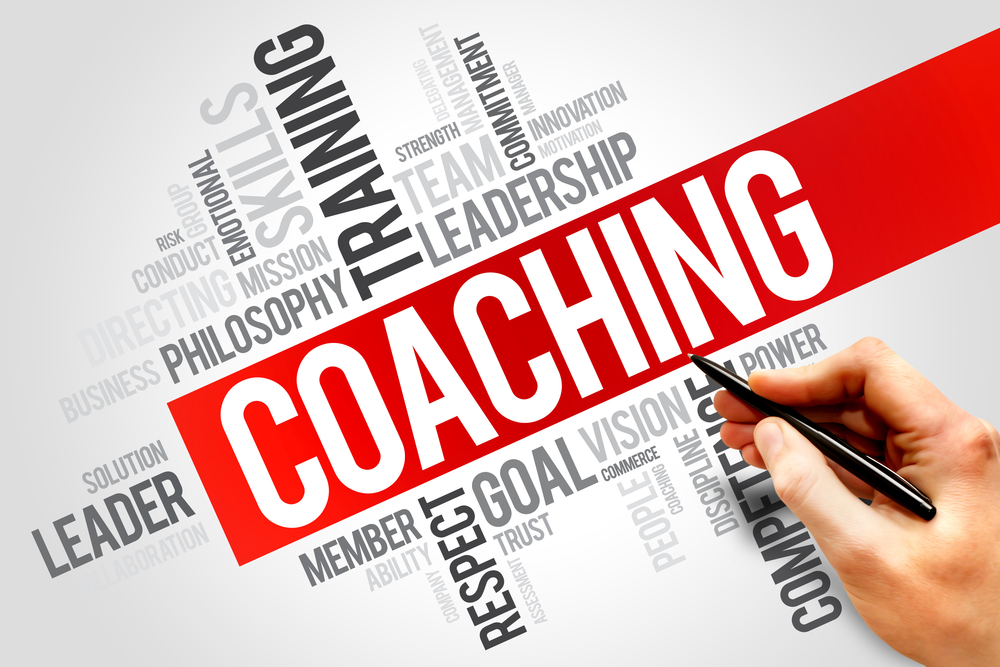Congratulations, if your boss indicates she is planning to engage an external coach for you in the upcoming months! While your first reaction might be, “What did I do wrong?” more often than not the commitment to invest in coaching for you is a vote of confidence in your abilities and growth potential.
You may well have rough spots or areas of inexperience (we all do!). However, coaching is predominantly focused on your potential and developmental needs, and not just on the rough spots. Rough edges are identified and smoothed, but the best coaches work to draw out and build on strengths and abilities needed for success at the next level.
In my work as a coach to high potentials and those I describe as “level-up” candidates, I’ve observed the behaviors of those who seem to derive tremendous value from the engagements. While my assessment is somewhat subjective, my monitoring of the growth of my alumni clients shows a strong connection between the hard work they put into their coaching engagements and the pace and breadth of their advancement in their careers. Here are my observations on how these coaching candidates take full advantage of the opportunity.
10 Behaviors of Professionals Who Get the Most Out of Coaching:
- They are over-the-top excited about and thankful for the opportunity to gain objective external support for their development.
- They are curious from the beginning about the process and about what they need to do to make it a valuable experience.
- Trust with the coach is assumed. There’s an ice-breaking process, but none of the, “I’m not sure how you can help ME,” type attitude is present in the early stages of the relationship.
- They do not hesitate to describe their self-perceptions of their developmental needs. Their view of their needs versus others may differ. However, the best coaching clients come to the relationship with ideas on where they are weakest.
- While they may be nervous about receiving extensive feedback from bosses, peers and team members, they are curious to learn how others see them.
- Much like the postal worker, neither rain, sleet, snow, international travel or the daily crisis keep them from their coaching appointments. OK, occasionally we have to reschedule, but those committed to the process view the appointments as immovable objects on their calendars, and they defend those spots ferociously.
- Journaling becomes a daily ritual for them. I encourage all of my coaching clients to journal when engaged in activities that draw out behaviors we are working on strengthening. The journal is a great tool for our status updates and one of the most powerful continuous improvement tools ever created.
- They engage their team members and colleagues in the coaching process by informing everyone of what they are doing and seeking regular feedback. While some prefer to keep the existence of this process silent, it is my observation that those who get the most out of it make it team activity.
- They practice. The focus in coaching is always on behaviors (and the cognitive issues around strengthening or breaking them), and the most aggressive coaching candidates regularly seek out opportunities to test themselves with the most challenging of those behaviors.
- They end the coaching process by developing and committing to a plan, and they put it into action.
The Bottom-Line for Now:
The work of coaching is tremendously satisfying, particularly when the client exhibits the behaviors described above. The not-so-secret secret to the great results these clients derive comes of course from their commitment and discipline to develop themselves. The coach offers that extra set of eyes and the right questions to draw out the best efforts from the client. Showing up is essential, but showing up to your coaching engagement with the right attitude is priceless!


